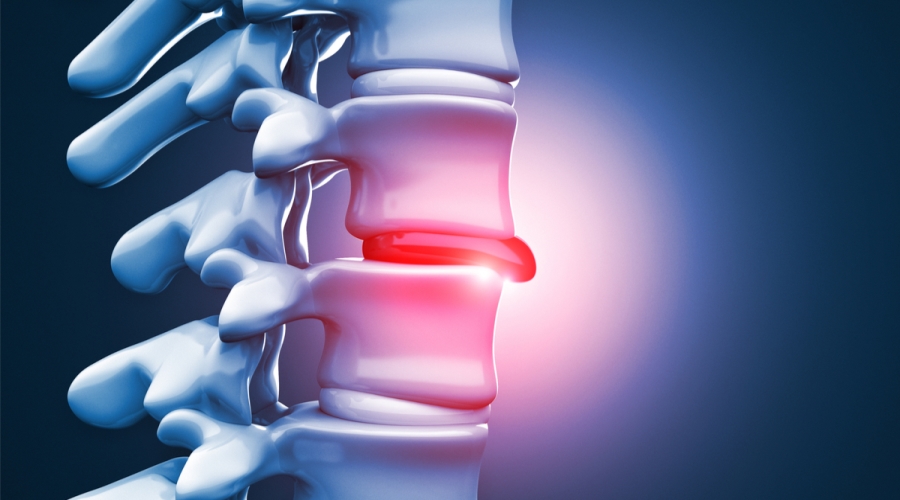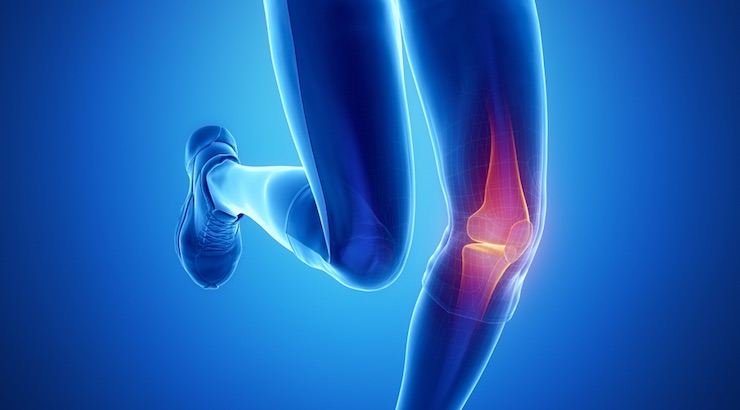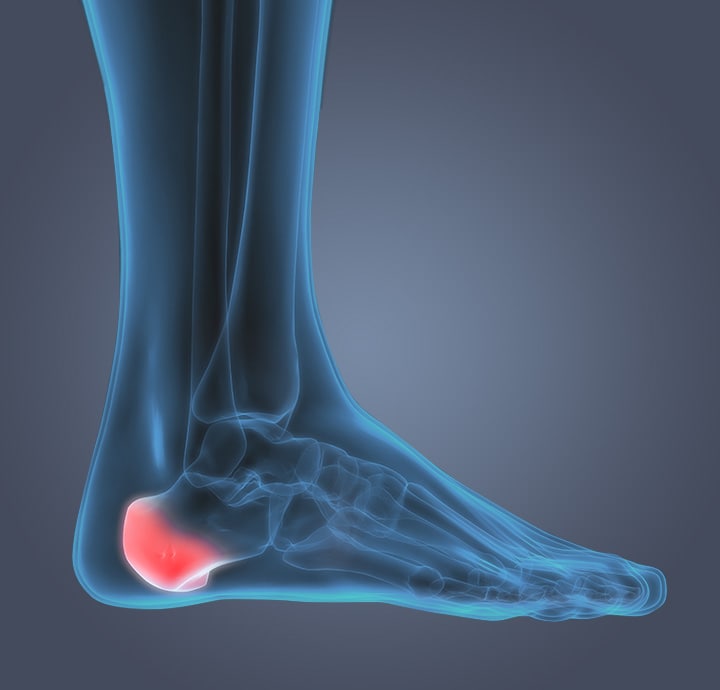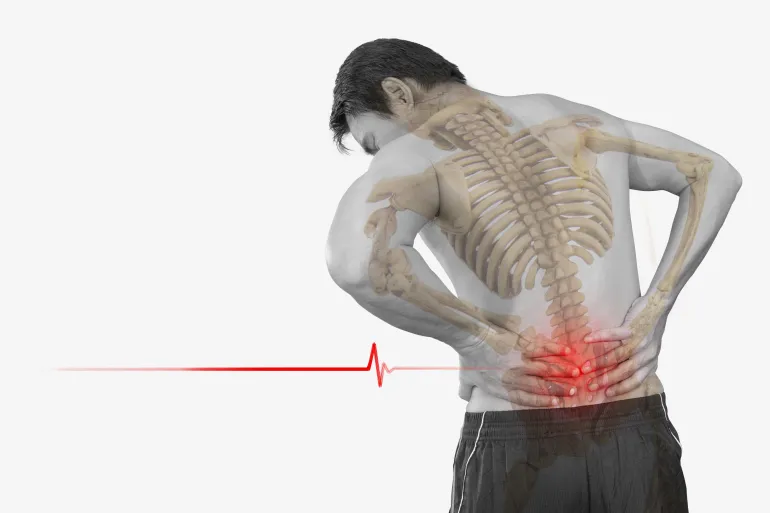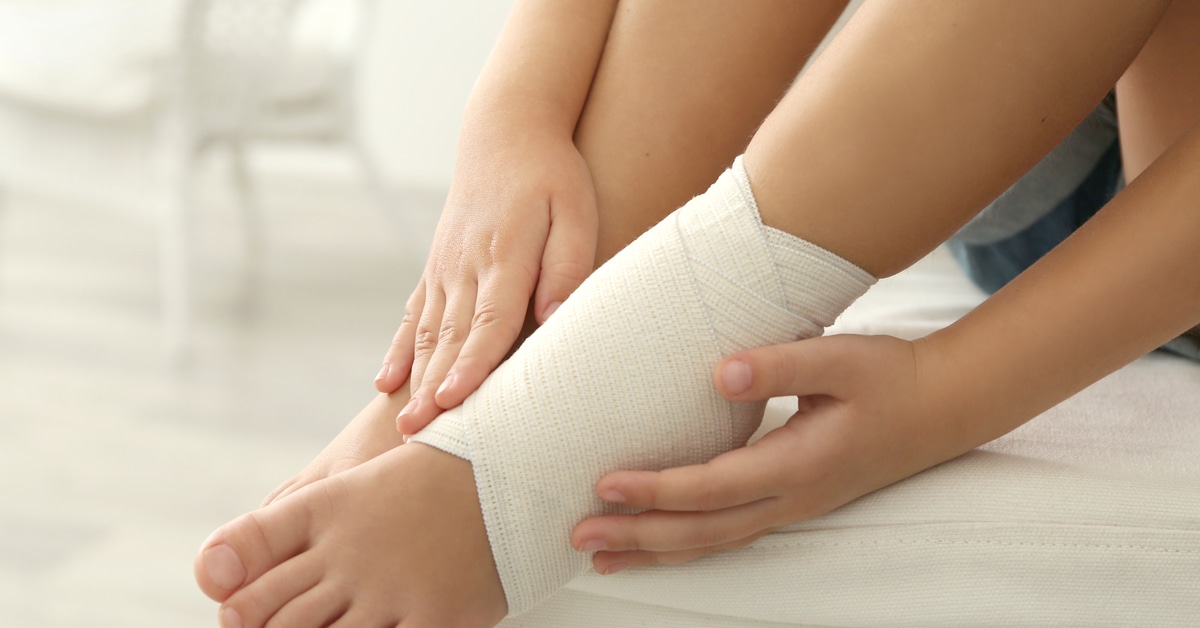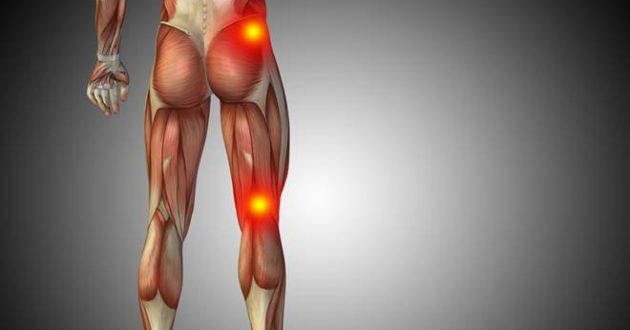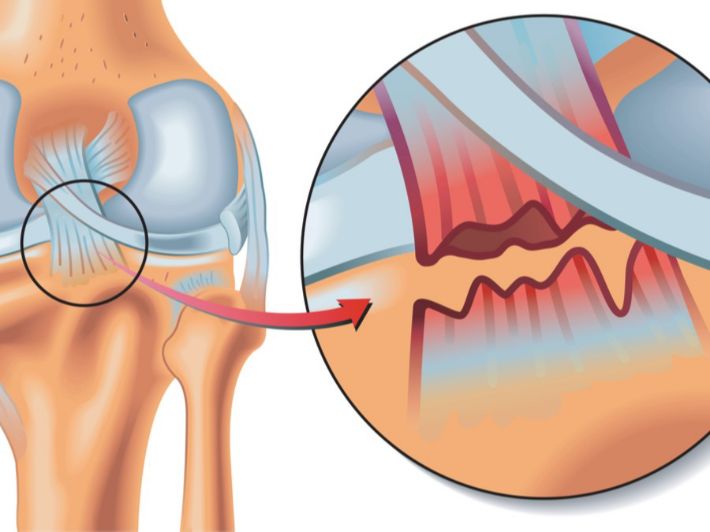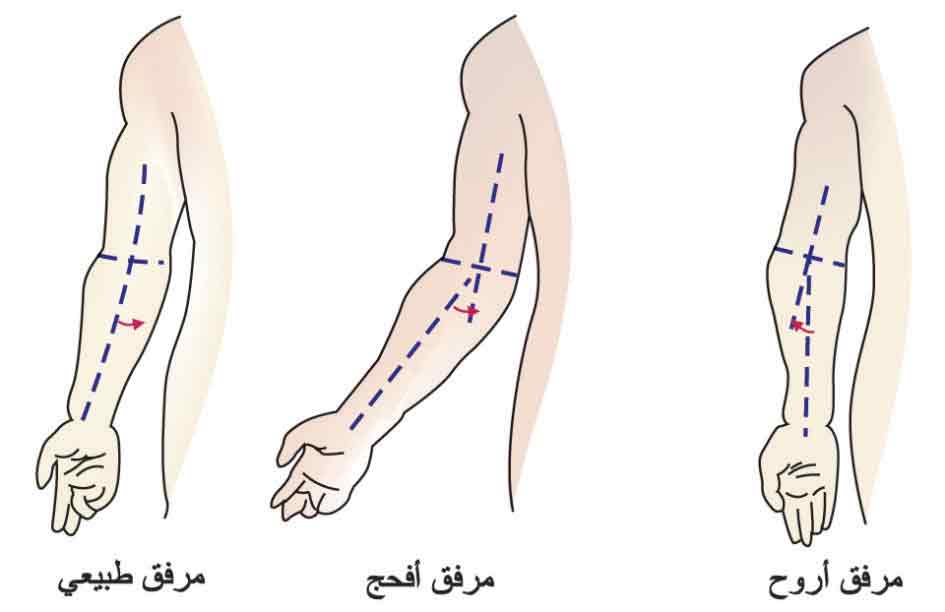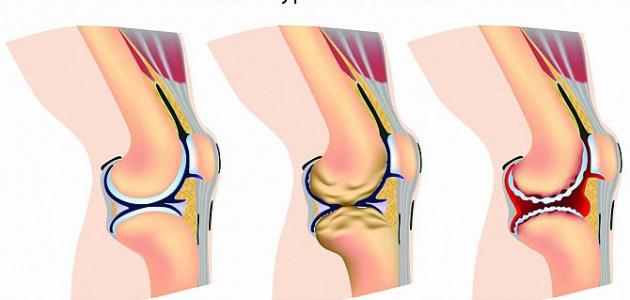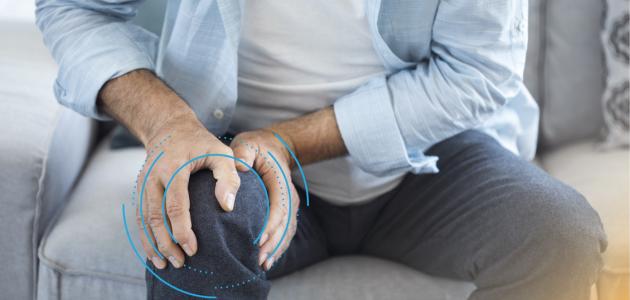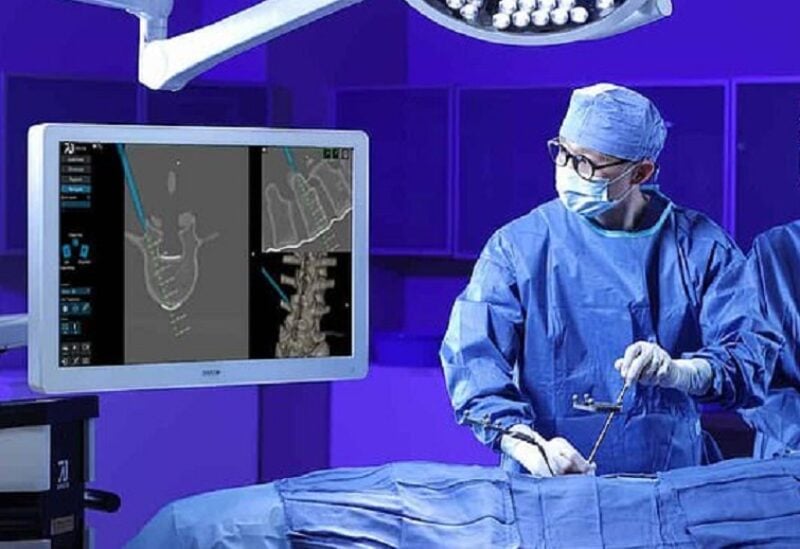!Cartilage Injection Price and Its Key Uses
Cost of Cartilage Injections, In recent times, cartilage injections have become popular as they provide positive results for spinal cord pain and preserve joints from deterioration. In this article, we will look in detail at the cost of the injections, the factors affecting the price determination, and the main risks associated with them. So, follow us to receive all the latest information related to this matter.

Cost of Cartilage Injections
Cartilage injections are considered one of the medical procedures that can be resorted to for treating spinal cord problems. These injections are used to relieve pain and inflammation that may accompany certain cases of cartilage damage. The cost of cartilage injection is influenced by several factors, including geographic location and the physician’s experience.
It is worth noting that the cost of cartilage injections may vary among patients depending on the type and location of the herniated disc. For example, the cost of a cervical cartilage injection may differ from that associated with a lumbar or thoracic disc.
When deciding to undergo cartilage injections, the patient can consult their doctor about the expected cost and potential benefits of the treatment. It is also advisable to follow the specialist doctor’s guidance regarding repeated sessions and the recovery period.
In general, cartilage injection is achieved through pain-relieving substances such as corticosteroids or hyaluronic acid to reduce pain and improve cartilage function. These substances are precisely injected into the herniated disc area through a fine needle by a qualified physician.
With the increasing demand for cartilage injections in Egypt, prices may vary from one hospital to another. The cost of a single session for cartilage injection in Egypt may range between approximately 500 Egyptian pounds and 2000 Egyptian pounds. The final cost should be determined based on the diagnosis of the condition and other factors.
Book your appointment now with Dr. Amr Amal to benefit from leading expertise in cartilage injections and regain your activity and comfort.
Factors Affecting the Cost of Cartilage Injections
Cartilage injections are one of the medical procedures that people with herniated discs in the spinal column resort to. This procedure is necessary to relieve pain and improve the patient’s condition. The cost of the cartilage injection procedure may be a determining factor in the patient’s decision to undergo it. In this article, we will discuss the factors affecting the cost of cartilage injections and the importance of each as follows:
- Type of Herniated Disc:
The type of herniated disc the patient suffers from is a factor influencing the determination of the cost of the cartilage injection procedure. For example, the cost of a cartilage injection in the cervical vertebrae may differ from that in the lumbar vertebrae. If you wish to know the best doctor for treating herniated discs and its main symptoms, click here. - Number of Affected Vertebrae:
The number of vertebrae the patient suffers from a herniated disc is another factor that affects the determination of the cost of the procedure. Treating multiple vertebrae that require cartilage injections may lead to an increase in cost. - Degree of Herniation:
The degree of herniation is an important factor affecting the cost of the cartilage injection procedure. A severe degree of herniated disc may require the use of advanced equipment and modern technology, which increases the cost of the procedure. - Medical Procedure Used:
The technology and equipment used in cartilage injection procedures vary depending on the treatment method employed. For example, in some cases, radiofrequency technology is used, which relies on a device that injects the necessary heat into the cartilage to stimulate healing. This technology requires advanced equipment, which is reflected in the cost of the procedure. - Hospital-Related Factors:
Some hospitals may impose additional charges for complex medical procedures such as cartilage injections, which may affect the cost of the procedure. Therefore, the patient may be advised to check the costs of the specific hospital before undergoing the procedure.
What are Cartilage Injections
Cartilage injections are a medical procedure used to treat pain associated with spinal cord diseases such as herniated discs. The procedure involves injecting a viscous substance under local anesthesia into the affected areas in less than ten minutes. These injections work to reduce inflammation, relieve pressure on surrounding nerves and tissues.
Cartilage injections are considered a breakthrough in the treatment of spinal cord diseases, as they can improve patients’ conditions, relieve their pain, and enable them to live better lives. This procedure helps improve the patient’s physical and mental health, as they feel an overall improvement and better ability to perform daily activities.
Cartilage injections are safe and effective, and they are performed non-surgically, which reduces the risks associated with traditional surgical interventions. They are also a suitable option for individuals whose conditions cannot be corrected through surgical procedures or for those who prefer to avoid surgery.
Uses of Cartilage Injections
Cartilage injections are one of the advanced therapeutic methods for maintaining the health and strength of cartilage in the body and are considered a key to relieving joint deterioration and pain. Here, we will discuss 5 important uses of cartilage injections:
- Treatment of Herniated Discs:
Cartilage injections are one of the non-surgical treatments for people suffering from herniated discs. The injections work to enhance the repair process of the spiral fibers surrounding the cartilage and strengthen it, helping to restore joint functions and relieve pain. - Treatment of Joint Roughness:
Cartilage injections are used to treat joint roughness, especially knee joint roughness. The injections help promote cartilage regeneration and stimulate the growth of healthy cells within the joint, which helps reduce pain and improve joint mobility. - Reducing Inflammation:
Cartilage injections contain anti-inflammatory compounds that work to reduce swelling and inflammation within the joints. These substances help soothe pain and improve the mobility of the affected joints. - Treatment of Discs and Back Pain:
Cartilage injections are an effective method for treating discs and back pain. The cartilage is injected directly into the affected area, helping to relieve pain and promote tissue repair. - Other Uses:
In addition to the above uses, cartilage injections are used to treat a number of joint-related diseases. For example, they are used to treat rheumatoid arthritis and spondylitis.
Cartilage injections should be administered under the supervision of a specialized physician, as the doctor can provide the necessary advice based on the patient’s individual condition. Cartilage injection treatment is an effective and safe method for treating many joint problems and contributes to improving the quality of life and reducing pain.
Discover with Dr. Amr Amal how comprehensive therapeutic measures can enhance cartilage health and mobility through injections.
Risks of Cartilage Injections
There are potential risks associated with the use of cartilage injections, including:
- Bodily Reactions: There may be temporary redness, swelling, or puffiness at the injection site, and these symptoms usually disappear after a few days. It is often advised to avoid any strenuous physical activity on the day of the injection.
- Infection: The use of biological materials in cartilage injections may increase the risk of infection in the injected joint. It is essential that the instruments used are germ-free and that proper hygiene procedures are followed.
- Usage Restrictions: Despite the effectiveness of cartilage injections, they may not be suitable for everyone. This technique may not be used on patients with severe joint damage, other foot problems, or chronic nerve diseases.
- Cost: Treatment with cartilage injections is an expensive procedure. This aspect should be considered when making a decision about the treatment.
It is worth noting that before considering trying cartilage injections, patients should consult their specialist doctor to assess their condition and provide appropriate advice. Also, cartilage treatment should complement a comprehensive treatment plan to achieve maximum possible benefits and results.
Research is still ongoing to determine the effectiveness and risks of cartilage injections in greater detail. For this reason, it is important for individuals to remain in contact with medical professionals and rely on reliable and well-researched information before making any decisions regarding specific cartilage treatment.
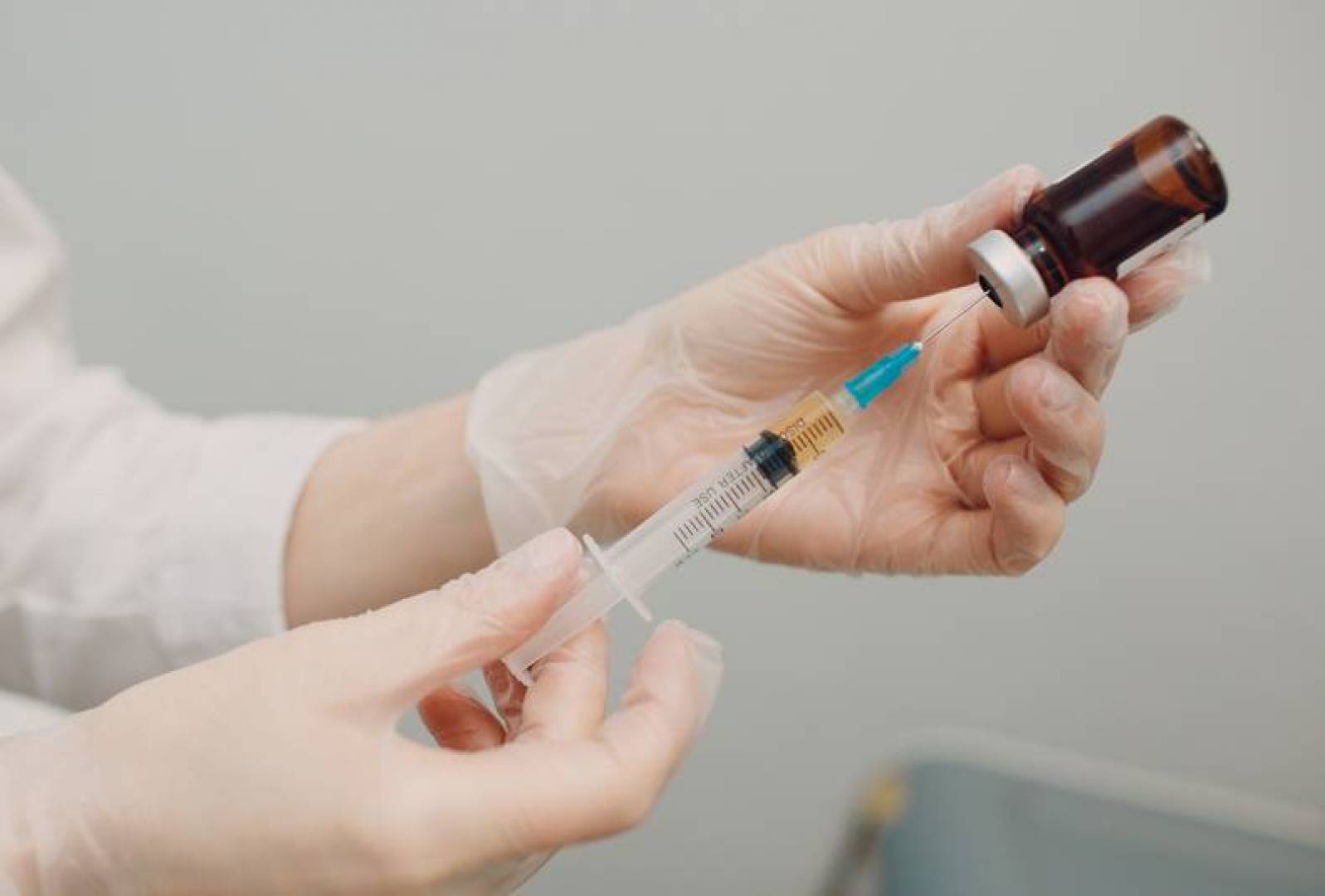
Complications of Cartilage Injections
Cartilage injections are one of the common and effective methods in treating some joint, tendon, and ligament problems. However, some complications may occur after cartilage injections. In this article, we will discuss some of these complications and ways to deal with them, which include:
- Joint Inflammation:
Cartilage injections are a safe medical procedure, but inflammation in the joints may occur after the injection. If symptoms such as pain, swelling, and redness appear in the injected joint, the doctor should be consulted immediately. The doctor may recommend taking pain relievers and resting the affected joint. - Infection:
It is possible for the area where the cartilage was injected to become infected, leading to symptoms such as fever, swelling, and redness. If an infection is suspected, the patient should contact the doctor immediately. To prevent infection, personal hygiene and disinfection instructions must be followed carefully before and during the injection. - Bleeding and Thickening:
Some minor bleeding and thickening of the skin may occur in the area where the cartilage was injected for a few days. Moderate cold therapy can be used, and exposing the area to any pressure should be avoided to alleviate the symptoms. - Irritation and Itching:
Some individuals may experience temporary irritation or itching after a cartilage injection. To alleviate these symptoms, cold compresses or a light moisturizer can be applied to the affected area. If the itching persists or symptoms worsen, the doctor should be consulted. - Severe Allergic Reaction:
A severe allergic reaction rarely occurs after cartilage injections. If symptoms such as difficulty breathing, headache, and skin rash appear, the healthcare team should be contacted immediately. Treatment may be administered directly to help alleviate the symptoms.
Reasons for Resorting to Cartilage Injections
When a person suffers from chronic pain in the lower back area, they may resort to cartilage injections as a means of relieving this pain and improving their condition. Medication may not be effective in some cases, so cartilage injections are used as a medical option to get rid of problems related to herniated discs and joint inflammation. Here, you will find the main reasons that lead people to resort to cartilage injections, which include:
- Chronic Back Pain: Chronic pain in the lower back area is one of the main reasons for resorting to cartilage injections. Some individuals suffer from recurrent and severe pain in this area, which negatively affects their daily lives.
- Herniated Disc: A herniated disc can cause severe pain and pressure on the surrounding nerves. Disc removal and excision of the herniated portion of the disc may be the most appropriate solution to get rid of this problem.
- Joint Inflammation: Joint inflammation is one of the problems that necessitates cartilage injections. Repeated cortisone injections can help reduce inflammation in the joint and provide relief from the accompanying pain.
- Ineffectiveness of Other Treatments: In some cases, other medication treatments may not be effective in relieving pain associated with a herniated disc. Therefore, resorting to cartilage injections becomes a last option when other treatments fail.
- Conditions Associated with Chronic Diseases: Some patients suffer from chronic diseases such as diabetes, which can increase the likelihood of developing cartilage problems. In these cases, cartilage injections are one of the available options for pain relief and overall health improvement.
Discover with Dr. Amr Amal how comprehensive therapeutic measures can enhance cartilage health and mobility through injections.
Types of Cartilage Injections
Cartilage injections are among the common and effective therapeutic methods in treating cartilage diseases and problems in the spinal column. These injections aim to relieve pain and improve cartilage function. In this article, we will provide you with a comprehensive guide on the types of cartilage injections commonly used in medical practice, which include:
- Hyaluronic Acid Injections:
Hyaluronic acid injections are used to treat joint problems and surrounding tissues, including cartilage in the spinal column. These injections work to improve cartilage function, reduce inflammation, and relieve pain. These injections contain hyaluronates, which are compounds that renew cartilage moisture and enhance its ability to absorb shocks. - Platelet-Rich Plasma Injections:
Platelet-rich plasma injections are used in many medical fields, including the treatment of cartilage problems in the spinal column. These injections are characterized by containing activated platelet-rich plasma components, which stimulate cell proliferation and enhance healing and regeneration of damaged cartilage.
How to Perform Cartilage Injections
Some individuals may suffer from articular cartilage problems and knee roughness, and they may be hesitant to resort to surgical procedures to treat these conditions. Fortunately, there are non-surgical methods that help relieve pain and improve the condition. One of these methods is cartilage injections.
Cartilage injections are performed by direct injection into the affected joint with a mixture containing anti-inflammatory and pain-relieving medications. The injections are administered using a special catheter and under the supervision of a specialized physician. These injections provide the ability to deliver the medication directly to the inflamed roots and the affected joint area, helping to reduce inflammation and relieve pain.
Cartilage injections may also be performed by injecting the facet joints of the spine, a technique known as radiofrequency ablation. This procedure is a safe and effective way to relieve pain and improve the condition of the affected joint.
Spinal injections are among the non-surgical treatment options available for treating common diseases and cartilage problems. This is usually done by injecting corticosteroids and anesthetic medications into the spine or near the inflamed nerves. Thanks to these injections, pain is relieved, inflammation is reduced, and the patient is able to regain normal body movement and ease of movement.
It is advisable to have the injections performed by a specialized physician with the necessary experience in this field. The frequency of injections, repetition, medication dosage, and other factors are determined based on the patient’s condition and the assessment of the attending physician. Some patients may experience a noticeable improvement after the injection, while others may require repeated injections to achieve the desired results.
Benefits of Cartilage Injection
Here is a list of the key benefits of cartilage injection and its positive impact on relieving pain and improving the health of the back, knee, and leg:
- Pain Reduction: Cartilage injections help reduce pain associated with cartilage problems in the spine and surrounding ligaments. Pain occurs due to inflammation and nerve compression, and the injections work to reduce this inflammation and compression, effectively decreasing pain.
- Joint Mobility Enhancement: When cartilage is damaged or slips, joint mobility can be compromised and become difficult and painful. Cartilage injections help restore and enhance joint mobility, allowing patients to move more easily and comfortably.
- Improving Body Functions: By reducing pain and enhancing joint mobility, cartilage injections help improve body functions and the ability to perform daily activities without pain or restrictions.
- Enhancing Mental Health: Many patients suffering from back, knee, and leg pain experience depression and anxiety due to constant pain and restricted movement. By using cartilage injections to alleviate pain, patients can experience significant improvement in their mental well-being and return to their normal lives with more happiness and comfort.
- Non-Surgical Treatment: Cartilage injections are among the non-surgical treatment methods for cartilage problems in the spine. Corticosteroid injections and anesthetics are often injected in the spine or near nerves. This means there is no need for complex surgery, and patients can benefit from improvement without the risks of surgery.
Get the specialized care you need with Dr. Amr Amal for effective and safe cartilage injection treatment.

Best Doctor for Cartilage Problems Treatment in Egypt
Egypt boasts a group of the best specialized doctors in all medical fields, and among these distinguished doctors, Dr. Amr Amal stands out as one of the best doctors in treating cartilage problems in the country.
Dr. Amr Amal is an outstanding orthopedic surgeon in Egypt, offering services in knee joint replacement surgery and treatment of meniscal cartilage problems. Dr. Amr’s wide experience and deep knowledge in this field make him an expert in diagnosing and treating cartilage problems.
Dr. Amr’s use of the latest techniques and advanced medical equipment allows him to achieve the best results for his patients. He meticulously diagnoses the patient’s condition and adheres to high standards in his surgical procedures. He always prioritizes the patient’s interest and strives to improve their quality of life through effective and proven treatment.
Dr. Amr Amal graduated with a Bachelor’s degree in Orthopedic Medicine from Ain Shams University College of Medicine with honors and distinction. He worked as a deputy in Ain Shams University hospitals for three years and also served as an assistant professor in the same hospitals for five years. Dr. Amr has a good reputation and wide recognition in the field of orthopedic surgery in Egypt.
If you are experiencing cartilage problems and looking for the best doctor in Egypt to provide appropriate treatment, Dr. Amr Amal is the ideal choice for you. Many patients have benefited from his expertise, and their feedback confirms the quality of his services and professionalism in this field.


